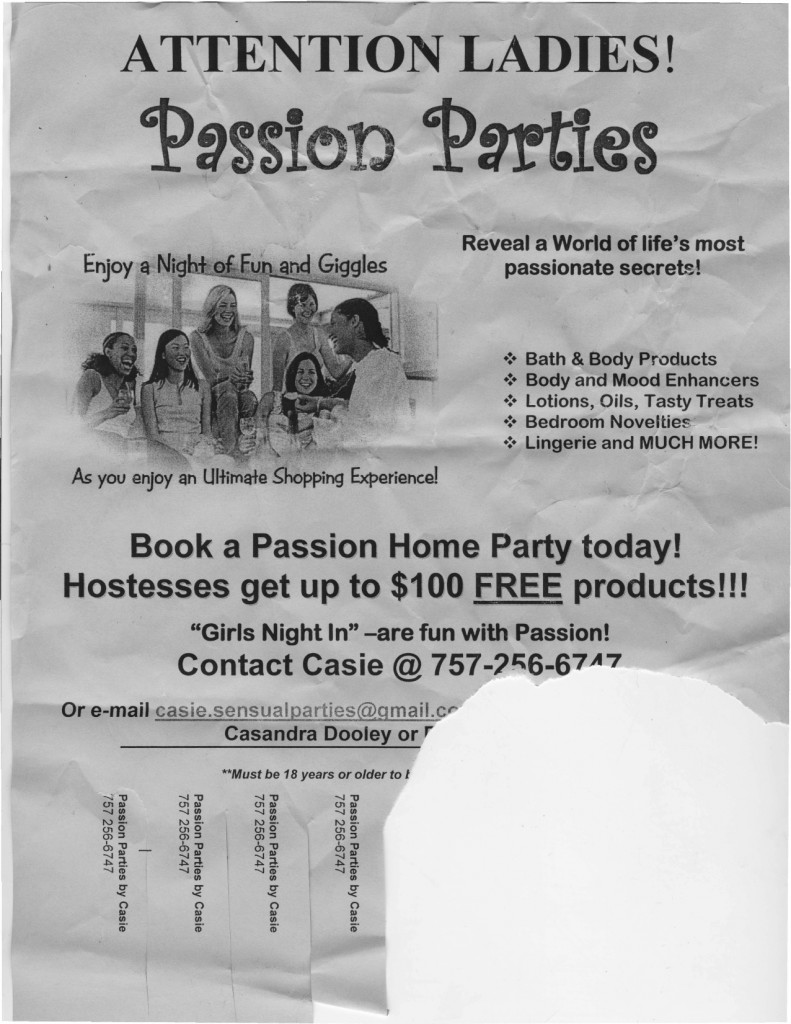 Leisure: The Basis of Culture
Leisure: The Basis of Culture
Josef Pieper
When people become so distracted they accidentally leave their children alone in cars, the question arises. Is it possible we’ve reached some catastrophic overload? Are we distracting ourselves to death?
Technology, many people would say, is the sole cause of the hyperactivity that seems endemic to our world. We can never go back to slower paced times. But this is a strange argument because technology does not use us, we use it. Is it possible people are frantically busy not because of their cellphones, computers and cars, but because energy and activity are our idols? If so, why? Why do we seem to worship effort?
This short and elegant book by the German philosopher Josef Pieper examines this important question. He writes:
Is it possible, from now on, to maintain and defend, or even to reconquer, the right and claims of leisure, in face of the claims of “total labor” that are invading every sphere of life? Leisure, it must be remembered, is not a Sunday afternoon idyll, but the preserve of freedom, education, culture, and of that undiminished humanity which views the world as a whole.
Pieper wrote the two very readable essays in this book, “Leisure: the Basis of Culture” and “The Philosophical Act,” at the end of World War II. The book was first published in 1952. It seemed a bad time to talk about relaxation, and the same could be said of today. This is no time to consider the need for leisure. The problem now is not rest, but work, and there is not enough of it. But one might as well say this is no time to consider the need for food or love. Pieper uses the word “totalitarian” to describe the claims of the modern sphere of work. He thus gives to the subject the seriousness it deserves and will always deserve.
(more…)



